How to Treat Anal Herpes?
.png?v=1670596158381)

Related products
What’s covered?
How to Treat Anal Herpes?
The herpes simplex virus (HSV) causes anal herpes, a sexually transmitted infection (STI). While this infection mainly affects the genitalia, it can also occur in or around the anal area.
Herpes can affect people of any age. Therefore, as a sexually transmitted infection, it is worth knowing the signs, symptoms, and risks of this virus. This disease can make you more susceptible to other STDs, which is one of its main risks. It is highly contagious, and the risks involved can be severe.
According to doctors, antivirals are the primary treatment option for anal herpes. If you're wondering how to treat anal herpes on your own, there are a few things you need to know.
What Are The Dangers of Anal Herpes?
Anal herpes is an STI that can cause mild to severe symptoms, depending on the severity. It typically affects the genitals, buttocks, and anal areas.
People with this condition are at risk of developing multiple health complications, such as liver inflammation, kidney infection, and permanent scarring of the skin.
In rare cases, it can even cause blindness if left untreated.
The Prevalence of Anal Herpes in the UK?
Anal herpes is a widespread STI that affects a large number of people Worldwide. According to NICE, in 2020, 20,350 first cases of genital herpes were diagnosed in England.
How is the STI Spreading?
Anal herpes is a viral infection that affects the skin in and around the anus. It's crucial to remember that this disease can spread through skin-to-skin contact even if there are no outward symptoms or signs visible. Further, it is more common in individuals under the age of 25 years.
Symptoms of Anal Herpes
Symptoms of anal herpes can range from mild to severe. These can include pain or itching around the anus, blisters, or in the genital area.
The most common symptom is a genital rash that is usually red, itchy, and painful. Some people may also experience flu-like symptoms such as:
- Fever,
- Fatigue,
- Swollen lymph nodes,
- Muscle aches.
The herpes simplex virus can remain dormant for long periods. However, if the virus becomes reactivated, it can lead to an outbreak that lasts anywhere from a few days to weeks.
In some cases, the infection can cause difficulty urinating due to inflammation of the urinary tract. In severe cases, the virus can cause infections and inflammation of the anus.
Diagnosis of Anal Herpes
Infected individuals may experience itching, burning, discomfort, and painful sores.
The blisters may break open and leak fluid.
The presence of symptoms and a person's sexual history are the most common criteria for diagnosing anal herpes.
You might also have a physical examination.
Your doctor may also order a swab test or a blood test. A swab test can confirm the presence of the virus. You can find out if you've ever had the virus by having a blood test.
Blood Test
In the past, doctors would visually inspect a sore or discharge and, if it looked like herpes, prescribe antiviral medication.
This is no longer considered an accurate way to diagnose herpes. Your doctor can now order a blood test that looks for antibodies to the virus. Antibodies are substances produced by your body in response to an infection.
If you have any symptoms of genital herpes or have been in recent contact with someone who has it, you may want to get a herpes simplex virus (HSV) blood test.
There are two types of HSV: HSV-1 and HSV-2. HSV-1 is usually associated with cold sores around the mouth, while HSV-2 typically causes genital herpes. The HSV blood test looks for antibodies to HSV in your blood.
Herpes Simplex 1 and 2 Blood Test is a home test for the detection of Herpes Simplex Virus antibodies in human blood.
This test can be used to determine if a person is infected with HSV-1 or HSV-2 and is typically used to diagnose genital herpes. The test is simple to perform and takes only a few minutes to complete.
Can Over-the-Counter Medications Treat Anal Herpes?
Over-the-counter topical ointments, such as lidocaine, may help reduce the itching and pain associated with genital sores.
Alternative methods of treating anal herpes symptoms include topical creams and vitamin supplements.
What Is the Cure for Anal Herpes?
Since multiple treatments are available for anal herpes, the factor in determining the best course of treatment is the severity of the symptoms.
Treatment for anal herpes typically includes antiviral medications, topical creams, and pain relievers to reduce symptoms and heal the affected area faster. In some cases, a doctor may also recommend a topical anaesthetic to help relieve the pain in the anal area.
Antivirals
Antiviral medications can help reduce the frequency and duration of outbreaks, while topical or oral corticosteroids are to reduce inflammation and itching.
It is important to note that treatment aims to reduce the severity and duration of any symptoms.
Antiviral medications often prescribed by doctors include,
- Aciclovir
- Valacyclovir
- Famciclovir
- Penciclovir
What to Know about Antivirals
Antiviral medications can reduce the duration and severity of symptoms. During this time, the doctors prescribe antiviral medications such as acyclovir to reduce the severity of the symptoms.
The medication may also reduce the risk of spreading the virus to other areas of the body.
In some cases, a doctor may also recommend a regimen of antiviral medications to reduce the risk of transmitting the virus to a partner.
These medications are all taken orally and can help reduce the duration and severity of an outbreak.
Topical Treatment
Finally, there are topical ointments or creams available that may help reduce the discomfort associated with anal herpes outbreaks.
A doctor may also prescribe topical creams to help relieve itching and burning.
- Lidocaine
- Benzocaine
Steroids
Oral corticosteroids, topical creams, and ointments can reduce itching, soreness, and irritation.
Lifestyle Changes
In addition to medications, lifestyle changes may help reduce symptoms and prevent outbreaks from occurring in the future.
It is also important to practice good hygiene and wear loose-fitting clothing.
Indeed, it is necessary to use barrier methods like condoms to maintain good sexual hygiene with multiple sexual partners.
Alternative Treatment Options
In addition to antiviral drugs, other treatment options for anal herpes include corticosteroids, topical creams and ointments, and laser therapy.
Laser therapy destroys the herpes virus. Indeed, it can use combined with antiviral medications to reduce the symptoms of anal herpes.
However, laser therapy is not widely available and is often expensive.
Although natural remedies, such as tea tree oil, are beneficial in all herpes treatments, there is not sufficient scientific evidence to back these claims. Additionally, to determine the effectiveness of alternative treatments, further research is essential.
How Long Does It Last?
Significantly, this disease usually lasts anywhere from a few days to a few weeks. The duration of the infection depends on an individual's immunity and how they respond to the virus.
Some people may experience only one outbreak, while others may experience recurring outbreaks.
The best way to reduce the severity and duration of symptoms is to focus on strengthening the immune system by,
- Eating a healthy diet
- Exercising regularly
- Getting plenty of rest
What Can You Do to Prevent Anal Herpes?
Fortunately, there are steps you can take to prevent anal herpes, such as using barrier methods (condoms) during sexual activity.
Additionally, practising good hygiene and abstaining from sexual activity can also help reduce the risk of getting anal herpes.
It is also important to be aware of the signs and symptoms of anal herpes to identify it early.
If you notice any of these signs, it is best to speak with a healthcare provider as soon as possible for evaluation and treatment.
Takeaway
In conclusion, it's important to know your options and risks of treating an STI or anal herpes, so you can make an informed decision about how to treat anal herpes.
Find our full range of treatment for herpes here.




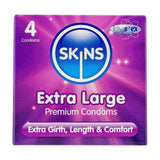
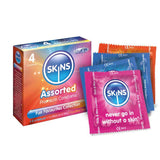


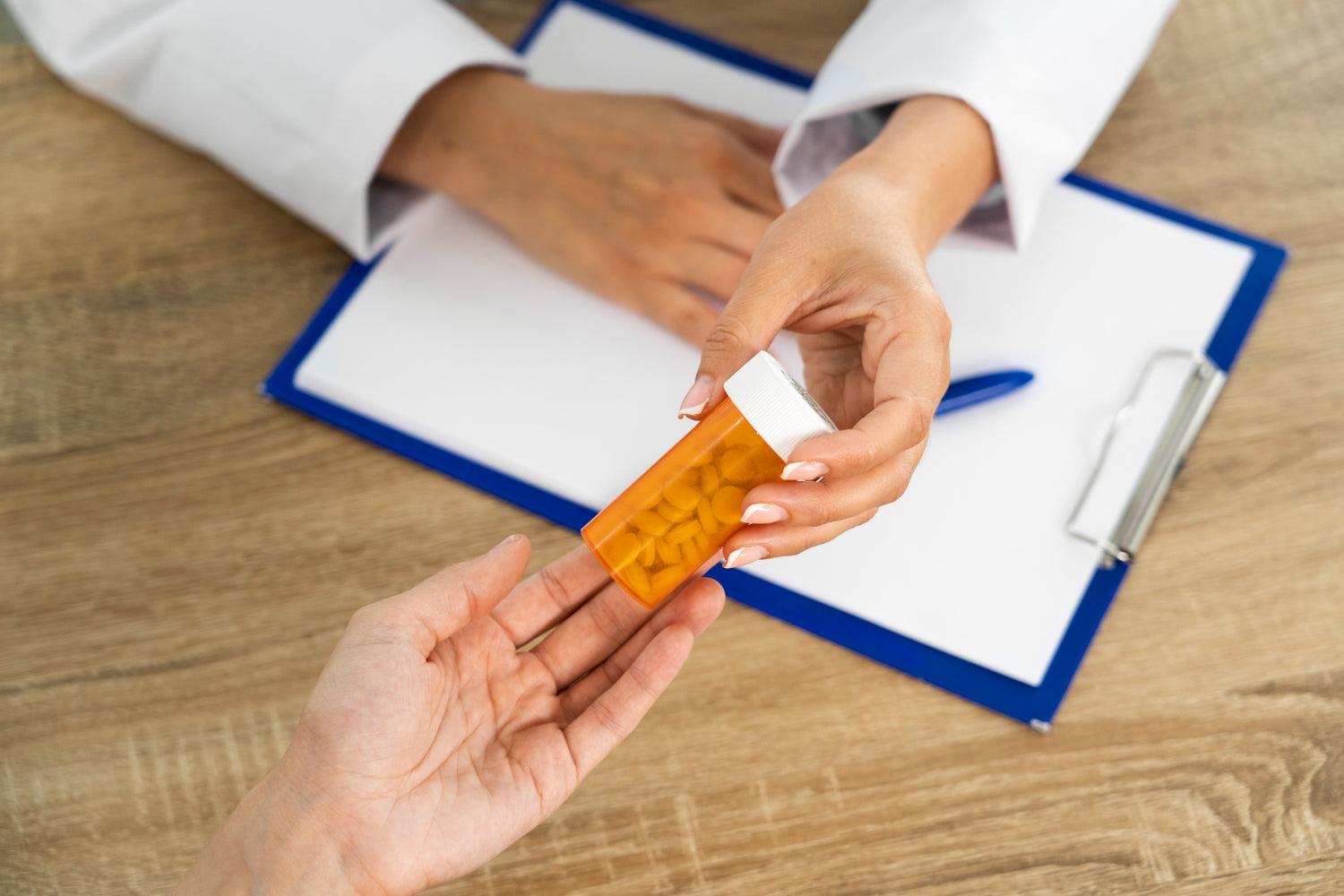


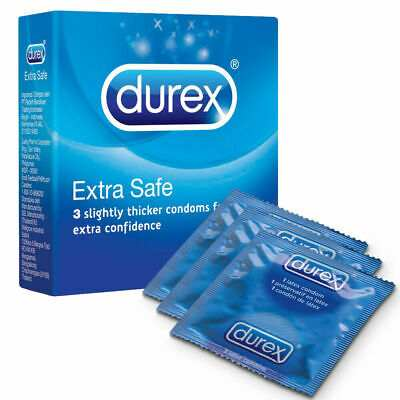


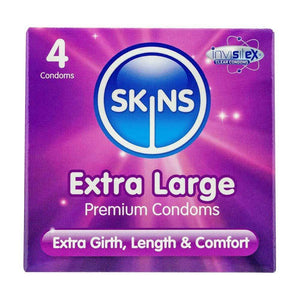
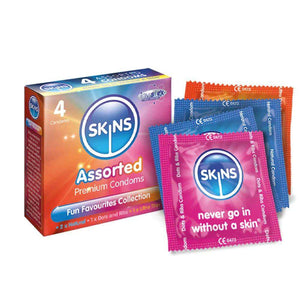

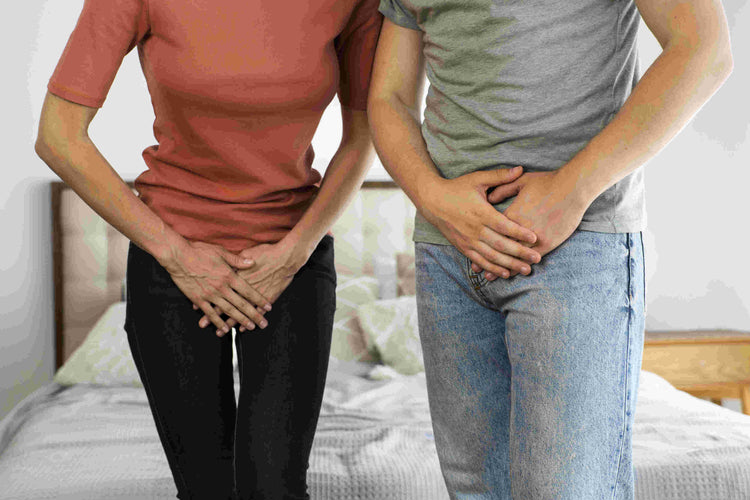
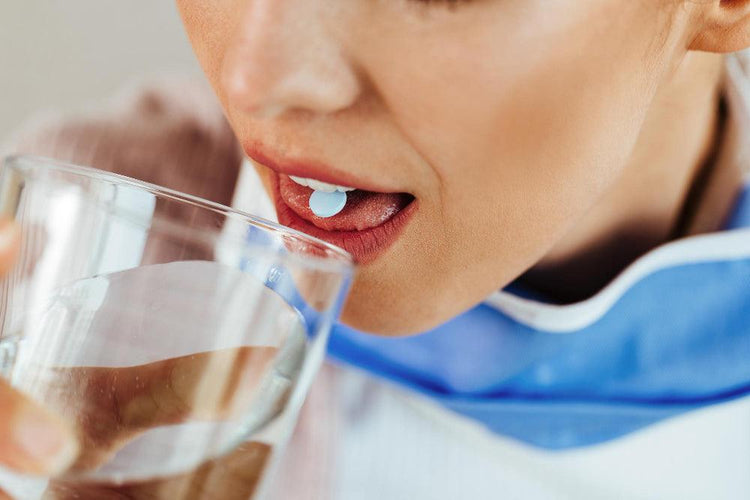



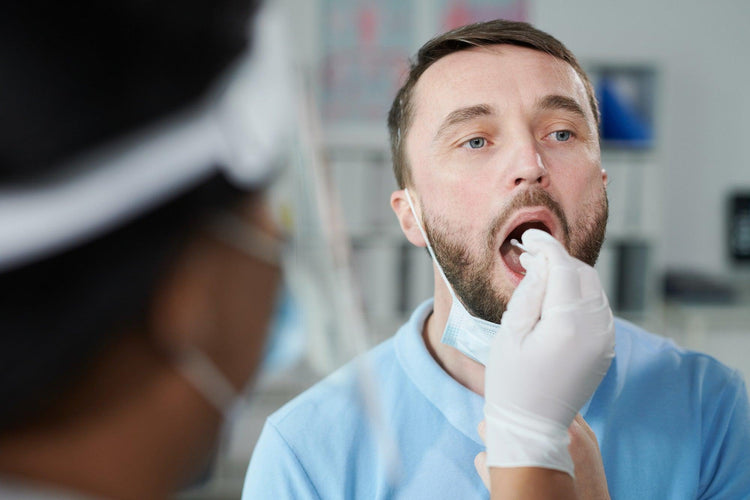

 Rated Excellent by 26,523+ Reviews
Rated Excellent by 26,523+ Reviews